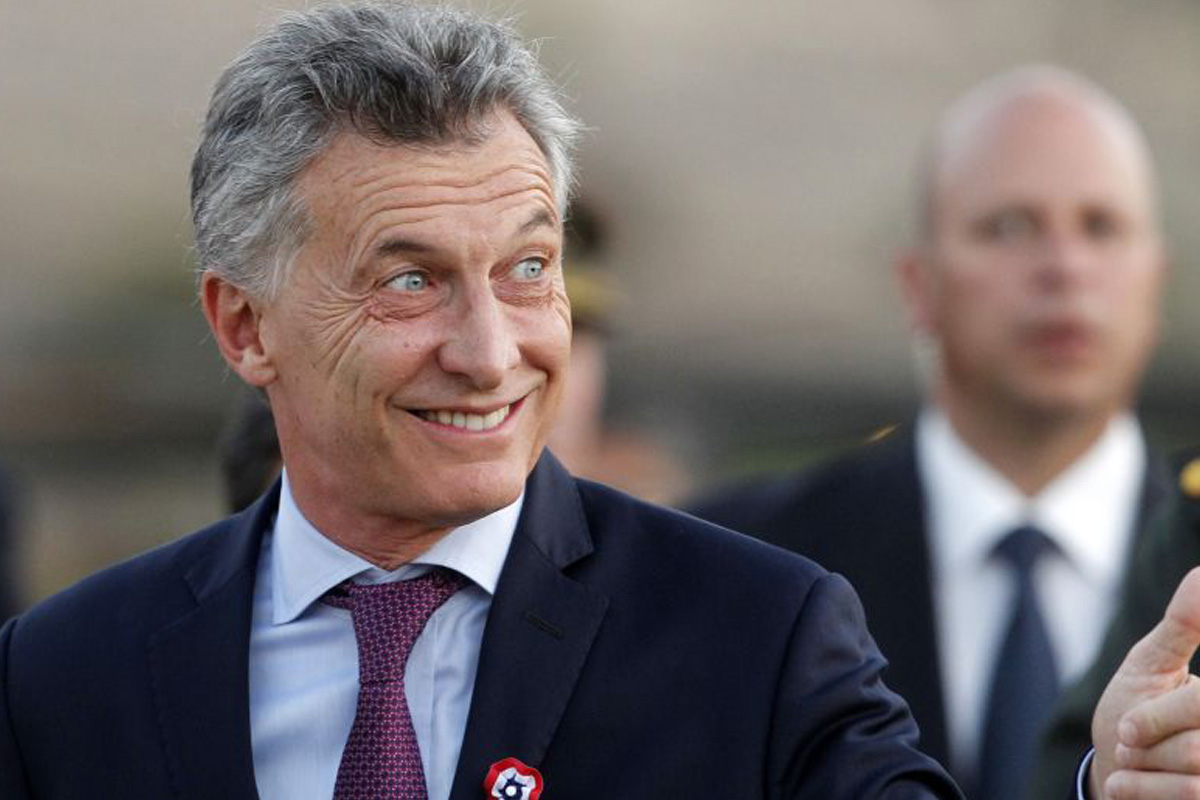Jitendra Singh reiterates govt’s commitment to curb corruption
Union Minister in the PMO Jitendra Singh on Thursday reiterated the government’s commitment to “Zero Tolerance Against Corruption” and highlighted various steps taken to curb it.
The new President and Vice-President will, therefore, succeed to a direly depleted inheritance.

File Photo: AFP
The victory of the centre-left in Argentina signifies a dramatic electoral swingback not the least because of the Rightist surge in different parts of the world, notably in Europe.
The Peronists are set to return to power after the incumbent President, Mauricio Macri, conceded defeat in an election that was dominated by concerns and the general disenchantment over rising poverty and a torpid economy, now almost a thread that binds the countries of Latin America.
Advertisement
The victory of Alberto Fernández’s presidential campaign puts an end to the pro-business economic policies of Macri’s administration.
Advertisement
Notable no less is that Cristina Fernández de Kirchner, one of Argentina’s most popular Presidents during her two terms from 2007 to 2015, has been voted back to office as Vice-President.
If not the Head of State, she will effectively be Argentina’s No. 2, having fought the elections as the running mate. Macri, the outgoing President, had promised what he called “zero poverty” during his electoral campaign.
As it turns out, he will step down on 10 December with a plunging peso, an inflation rate that ballooned to an annual 56 per cent, and the number of people below the poverty line having risen from 29 per cent to 35 per cent. The new President and Vice-President will, therefore, succeed to a direly depleted inheritance.
That grim reality is bound to impinge on the euphoric celebrations in Buenos Aires. The need for a peaceful transition has been underlined by Macri in his hour of defeat ~ “We need an orderly transition that will bring tranquility to all Argentinians, because the most important thing is the wellbeing of all Argentinians,” he told his supporters.
Fernández is a moderate Peronist who has pledged to respect the $57 billion IMF loan taken by Macri last year to salvage Argentina’s creaking economy while promising to improve wages and benefits for workers and pensioners.
The elections, traditionally held on the last Sunday of October, coincided this year with the ninth anniversary of the death of Néstor Kirchner.
He had led Argentina’s recovery from its economic collapse and the huge foreign debt default in 2001-02. Cristina Fernández de Kirchner had served as President from 2007 to 2015. By the time she left office she was entangled in a string of court cases involving accusations of bribery, money laundering, corruption and allegations that she had helped cover up Iran’s involvement in a terrorist bombing that the prosecutor was investigating.
Some of the corruption cases are continuing. Argentina in 2019 is reminiscent of the crisis in 2001. In the immediate aftermath of the election, regional tensions have flared up yet again. Having failed to contain the forest fires and the economic blight in Brazil, the country’s far-right administration of Jair Bolsonaro has lost no time in condemning the leftist’s victory in Argentina. The next President needs time to set his house in order. This isn’t the time for ideological aversion, as articulated by Brazil’s failed leader.
Advertisement